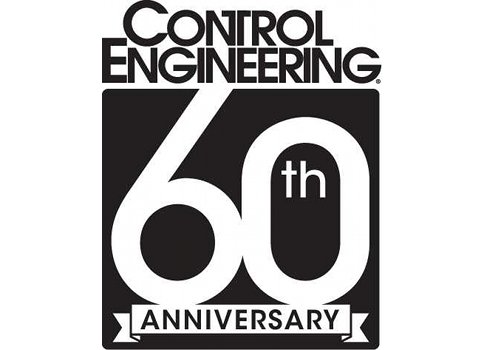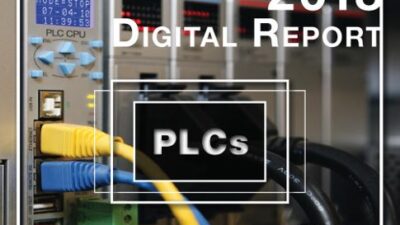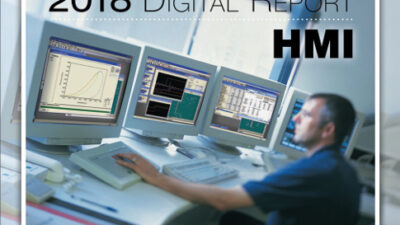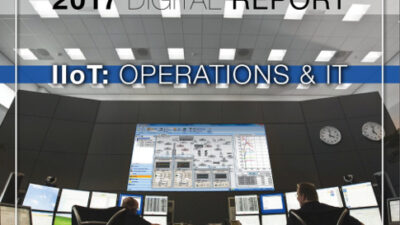Happy 60th, Control Engineering! Help us celebrate by looking at issues from 60, 30, and 15 years ago. Control Engineering magazine first published in September 1954. This monthly column in 2014 will review coverage in issues 60 (or 59), 30, and 15 years ago. While technologies have progressed since then, topics below (education, factory automation, mergers and globalization) remain relevant today.

 January 1955: Education is our limit
January 1955: Education is our limit
Education is the key variable in the management problems incident to the growing industrial application of instrumentation and automatic control. The rate of exploiting automatic controls is directly proportional to the rate at which people are trained to understand, design, and service them.
We hear that employees displaced by automatic control will be educated to intellectually superior jobs. This supposes that they are eager to upgrade themselves. But even though they recognize the need to develop higher technical ability, will they allocate spare time to education? We refuse to presume that all men are farseeing and ambitious.
Training has to be made inexpensive, attractive, and alive. Present it as an opportunity for improved living-not as a tedious duty. Offer training through our technical societies. At present the societies build training sessions around educational centers. This is too limited an outlook. It leaves large areas unserved and dodges the responsibility of coordination at a national level.
January 1984: Factory automation: Control engineers take it one step at a time
"Factory automation" is a buzz word whose real meaning usually gets lost in the shuffle as it expands to include an ever increasing number of functions and concepts. The control engineer occupies a key position in its structure. No one else can put all the pieces together.
While factory automation is an ideal goal, the control engineer given the task of making it a reality must overcome many real obstacles in a less than ideal environment. Just defining factory automation can be a problem. The concept was previously confined to the plant floor, but is now stretched so far as to encompass the CAD and CAE design tools and other off-line activities including such nonengineering functions as order entry and inventory control. The concept of factory automation has been pushed so far that some believe that "automated business" would be a more appropriate term. [subhead]
January 1999: Mergers prepare companies for global arena, software evolution
Anybody out there not merging? Reasons for the latest flare-up of merger mania are as plentiful as the actual deals, but studying these conglomerations reveals a few overarching motivations. Global competitive strength, one-stop-shopping for customers, wider and deeper distribution, better software development ability, economies of scale, and worldwide partnering and problem-solving abilities are among primary benefits.
"The biggest companies have been globalizing for years, but this trend is coming to a head and culminating now," says Andy Chatha, President of Automation Research Corp. (Dedham, Mass.). "This isn’t happening only in control and automation. Companies in every industry are merging to compete globally. I think in every industry we’re eventually going to have six or less major players worldwide, though new niches will continue to merge too."
– 2014 edits, to fit this page, by Jordan M. Schultz, associate content manager, CFE Media.
PULLQUOTE ‘Training has to be made inexpensive, attractive, and alive. Present it as an opportunity for improved living-not as a tedious duty.’
ONLINE
See the Control Engineering history page.
See more from 1955 below.


